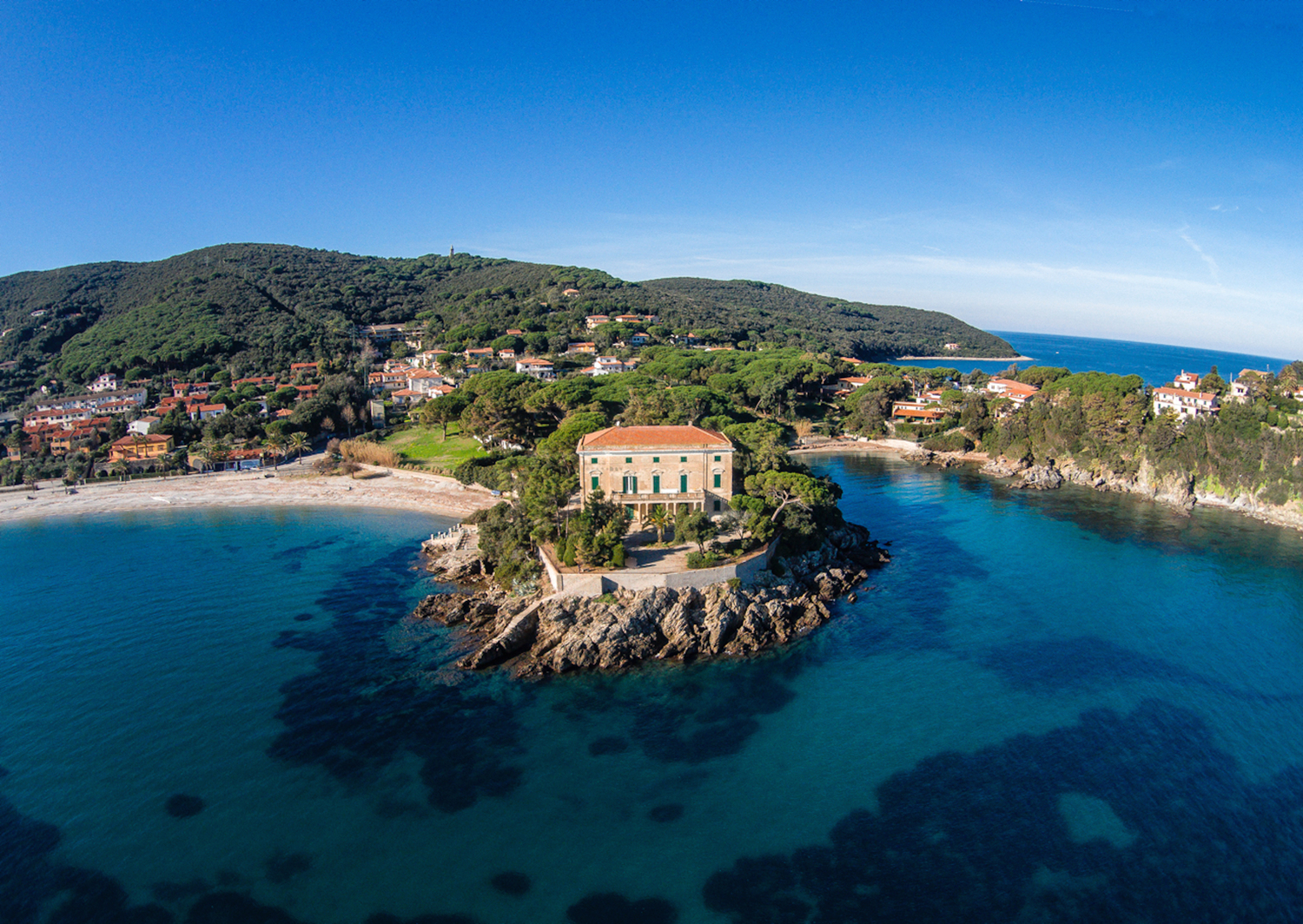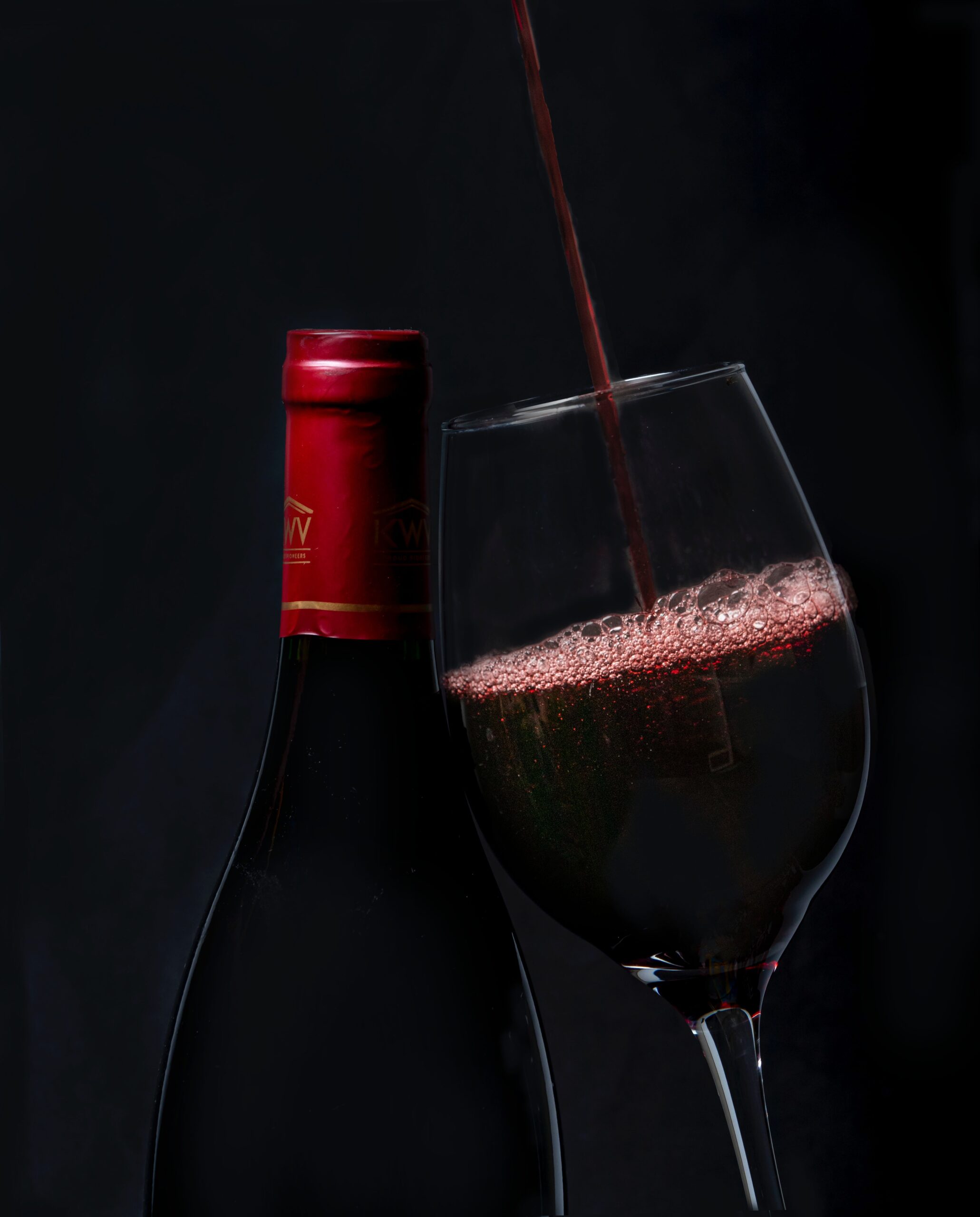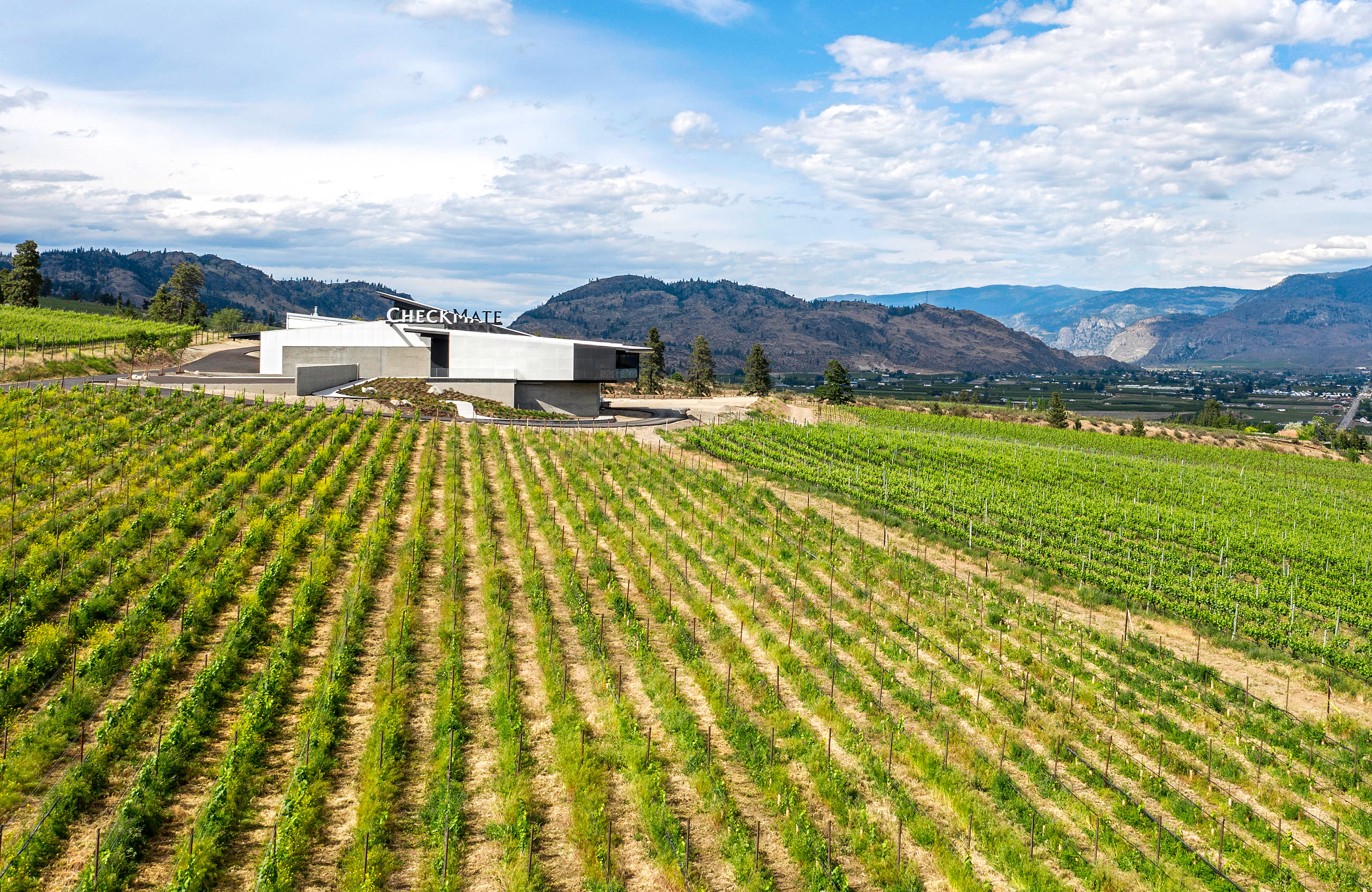Island Wines Are in Season
Seasonally ambitious drinking.
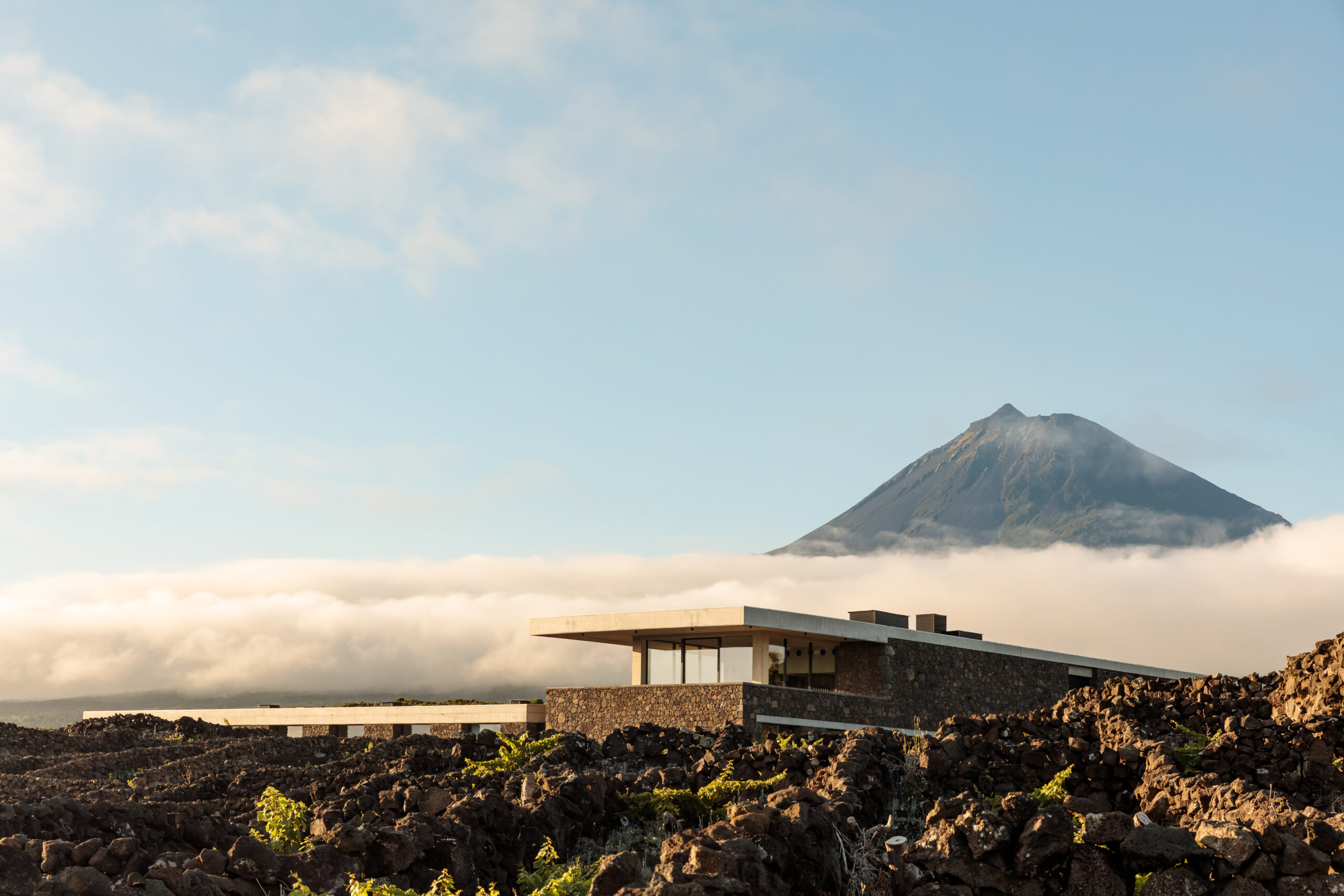
Azores Wine Company.
I am an ambitious drinker, in both quantity and quality but also seasonality. This time of year, during the endless false spring Vancouver calls winter, I feel the need to zhuzh up my drinking routine with wines that transport me to warmer climates with sunnier skies. I am looking to drink wines with minerality and tart fruit, those meant for warmer weather of the clean rather than muggy kind. For this, there is no better place than islands that dot the Mediterranean and Atlantic Ocean. Luckily, there hasn’t been a better way to imaginatively cruise those azure waters since Homer penned The Odyssey.
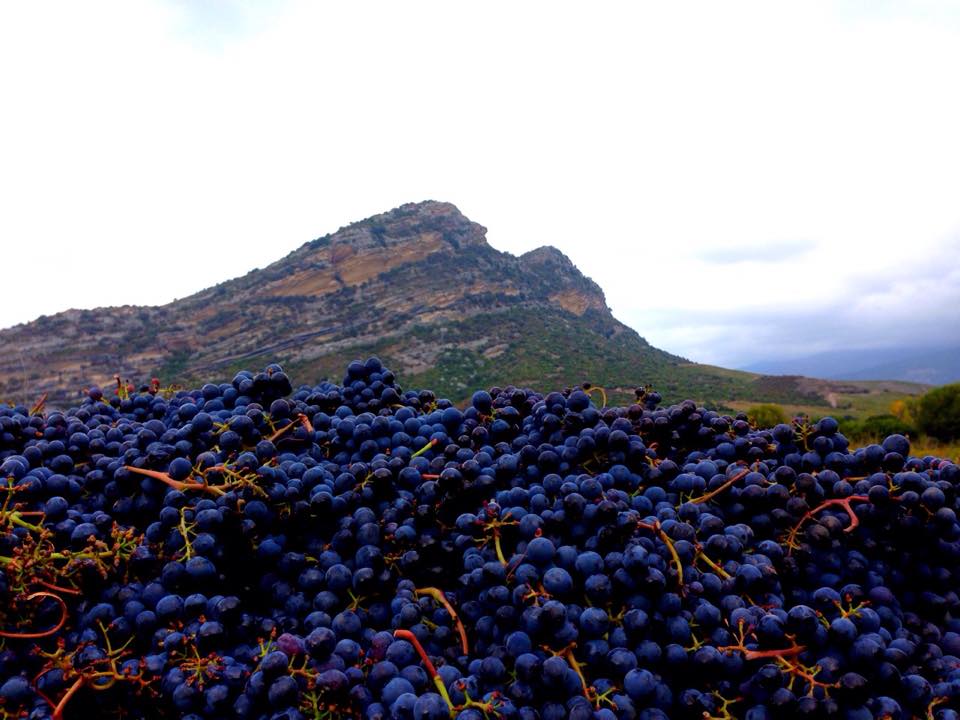
Nicolas Mariotti Bindi.
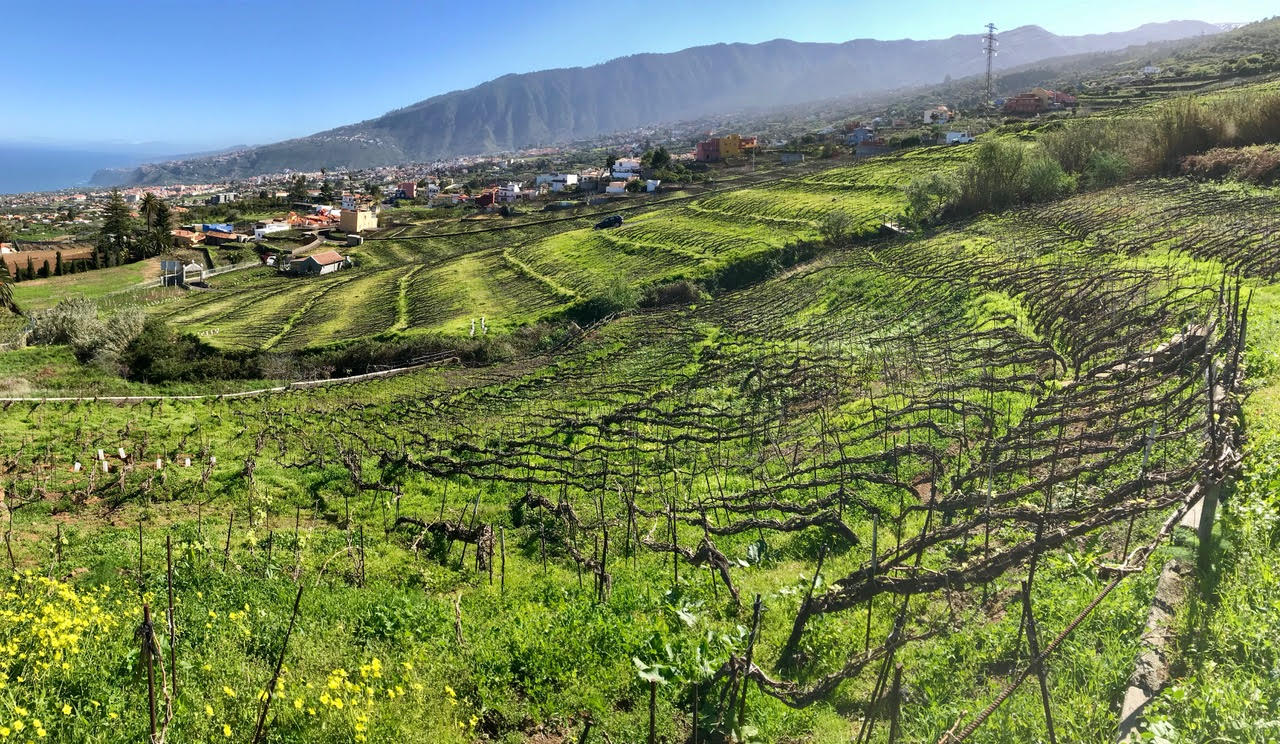
Suertes del Marqués.
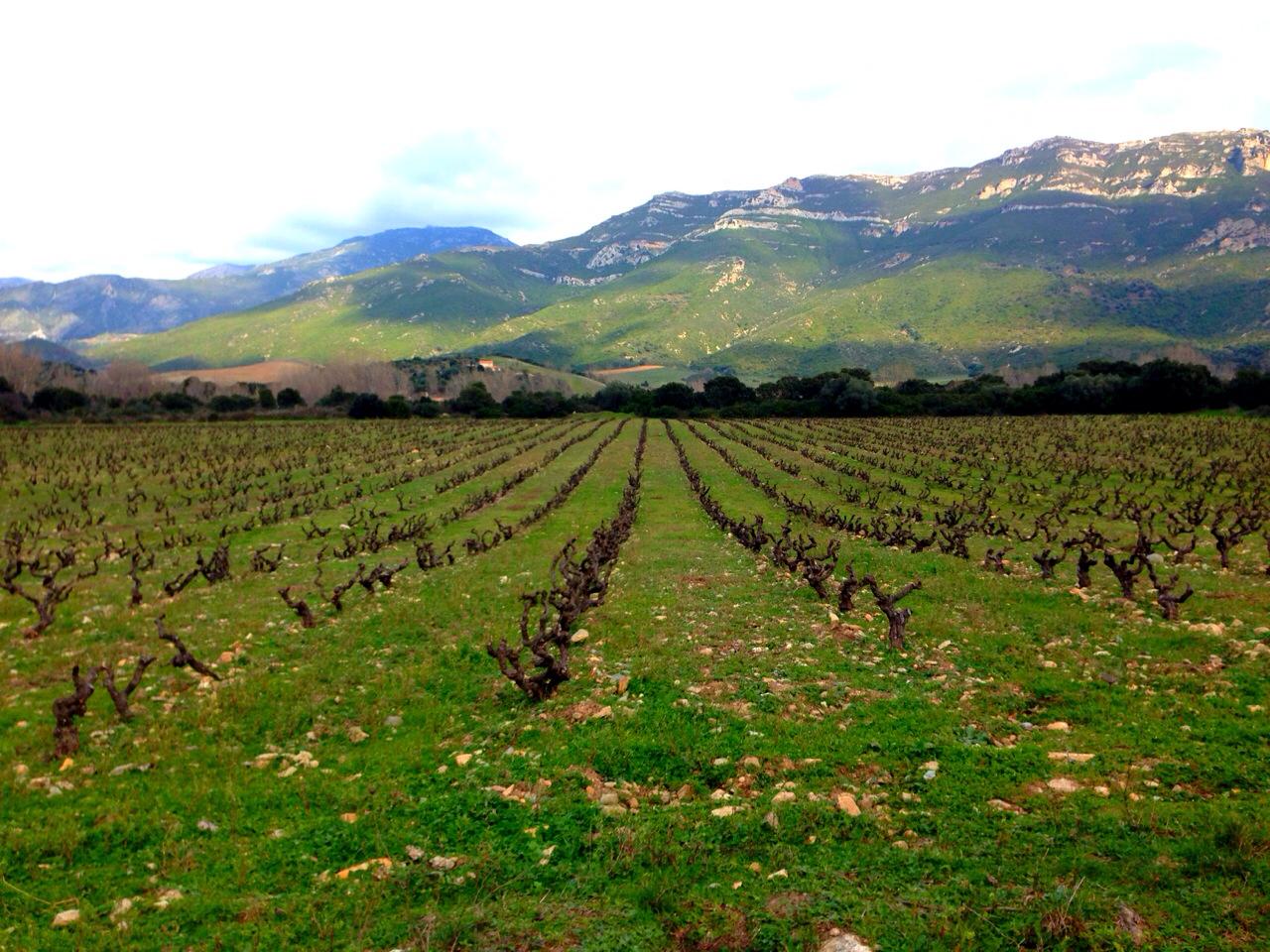
Nicolas Mariotti Bindi.
While the islands are ones Odysseus visited, the challenges of their present-day winemakers might be more harrowing than the Greek hero’s many battles. The islands of the Mediterranean are formidable combatants. Sicily, for example, is home to Mount Etna, one of the world’s largest active volcanoes. The French island of Corsica has experienced not-infrequent incidents of separatist violence. On the other side of the Strait of Gibraltar, where outlying islands follow the same winemaking mantra as those in the Mediterranean Sea, the Azores’ low-lying vineyards are pounded by the high winds and sea spray of the mid-Atlantic.
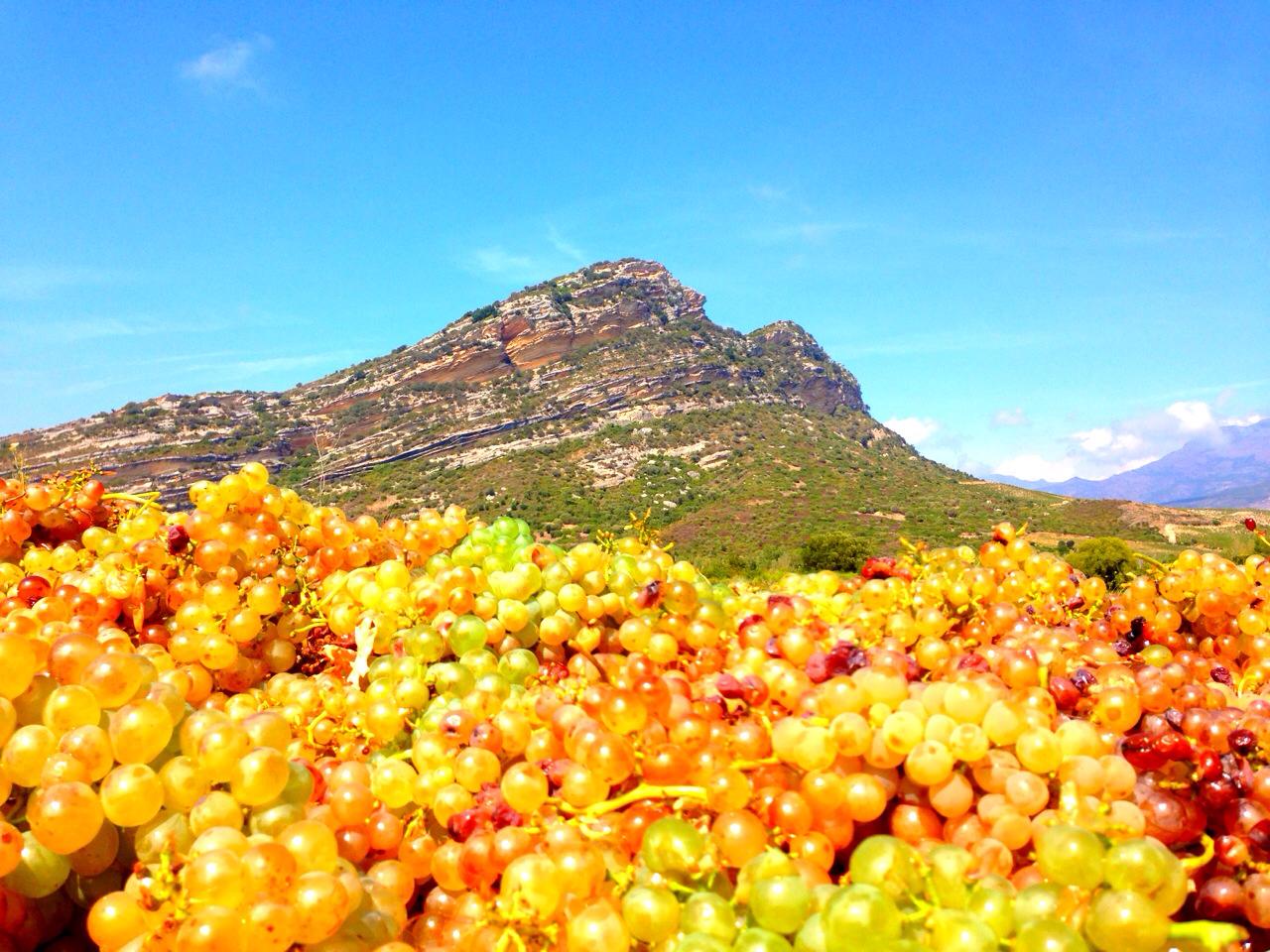
Nicolas Mariotti Bindi.
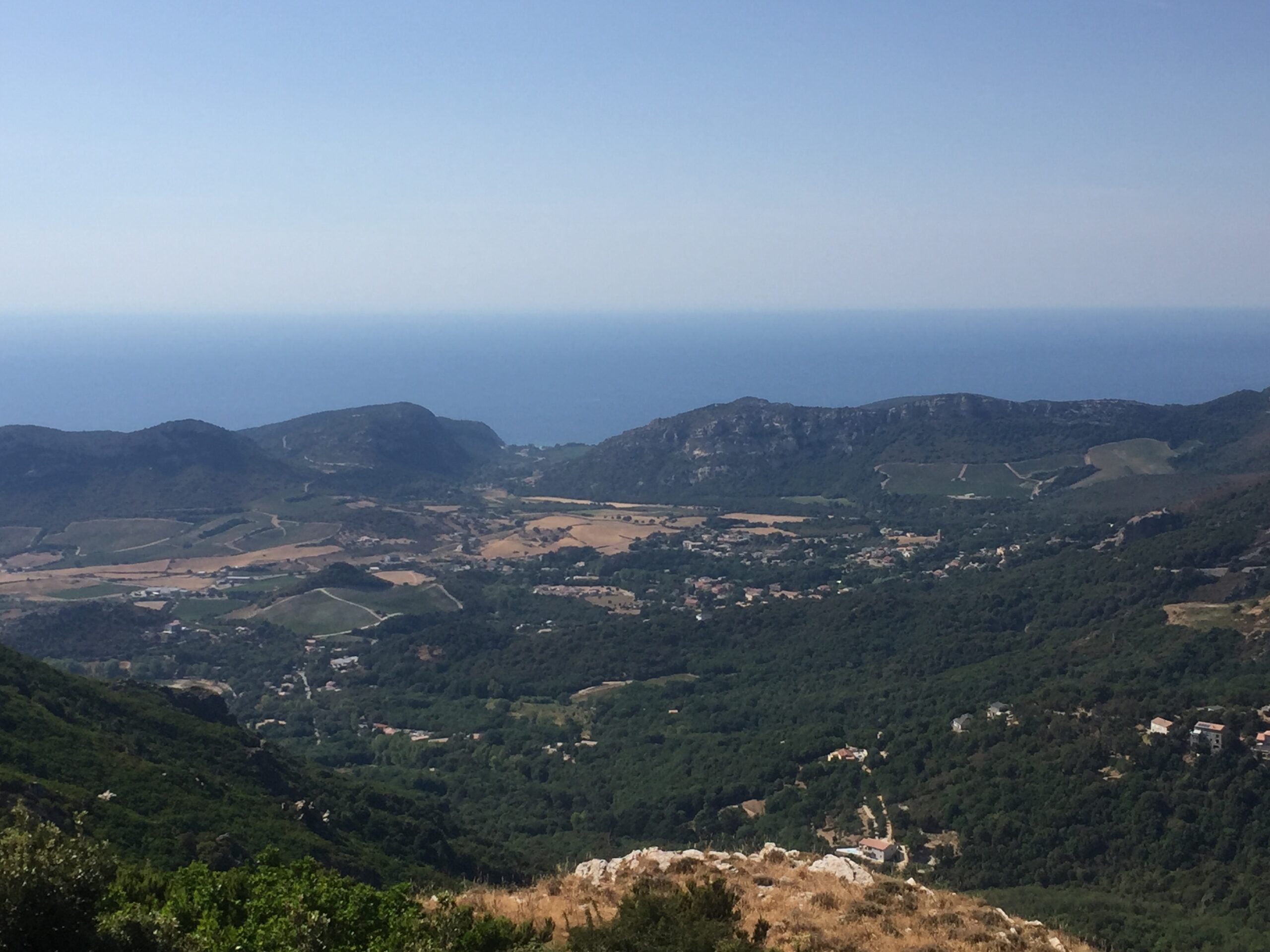
Nicolas Mariotti Bindi.
The geological, political, and maritime hardships faced by the Mediterranean islands’ winemakers pale in comparison to what their wines have faced from critics and the public. Up to the turn of the millennium, wines from Sicily were considered plonk, and the Italian government generously subsidized the replacement of indigenous Sicilian ones with international ones like syrah and chardonnay. According to Bernard Stramwasser—founder and president of Toronto’s Le Sommelier Wine Agency—the Azores shipped much of their harvest to Madeira for use in its eponymous fortified wine. However, critical reprisal did not deter the Mediterranean islands’ most intrepid winemakers, partly due to a sort of libertarian spirit.
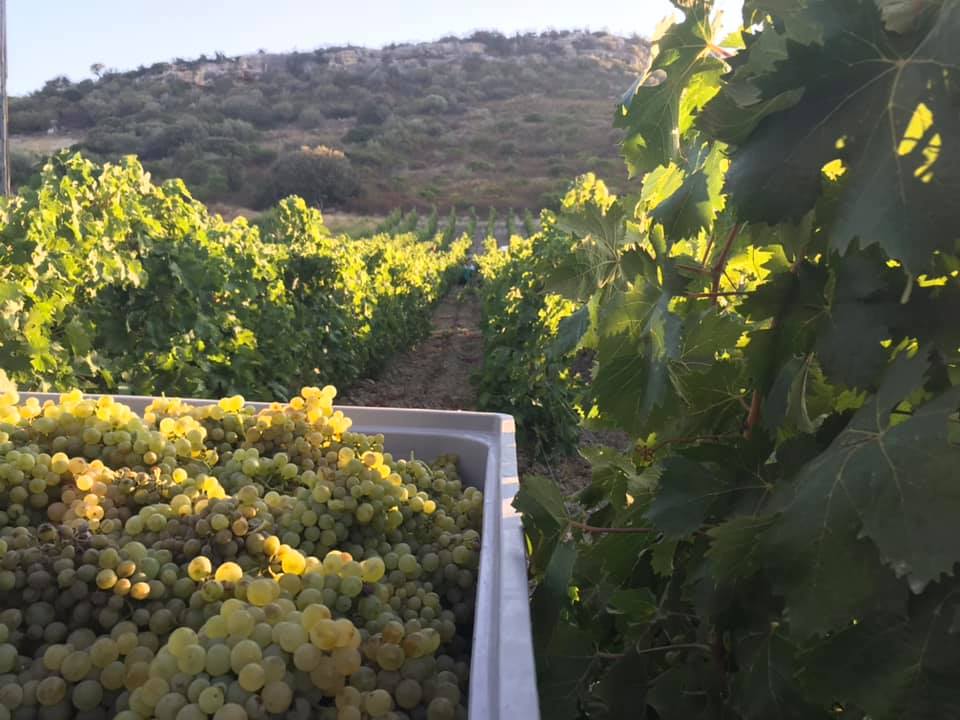
Nicolas Mariotti Bindi.
“Being on an island, you’re less influenced by what your neighbours are doing. I think you’re going to be like ‘I’m going to do it my way,’ because that’s how things have been done for hundreds of years,” Stramwasser says. Of course, much of the anti-motherland sentiment harboured by the Mediterranean islands and their winemakers is because their land has frequently changed hands among local powers. Islands are susceptible to hostile takeover, causing a fusion of identities that extends into their wine.
The great fun of drinking island wines comes from the surprisingly diverse, sometimes confusing blends and arrays of grapes available thanks to political instability. Agricola Punica, a Sardinian winery started in part by emissaries from the makers of Tuscany’s famed Sassicaia, makes a faux Super Tuscan from Spanish carignano. The Azores Wine Company on Pico Island combines indigenous varietals and mainland Portuguese stalwarts like touriga nacional. Corsican star Nicolas Mariotti Bindi, on the other hand, makes his astoundingly Beaujolais-like red from Italian sangiovese (nielluccio locally), the favoured varietal on the French island since before Napoleon Bonaparte was born Napoleone di Buonaparte.
What then are the attributes that define the island wine style and why are they perfect for drinking right now? That would be the soils and the winds.
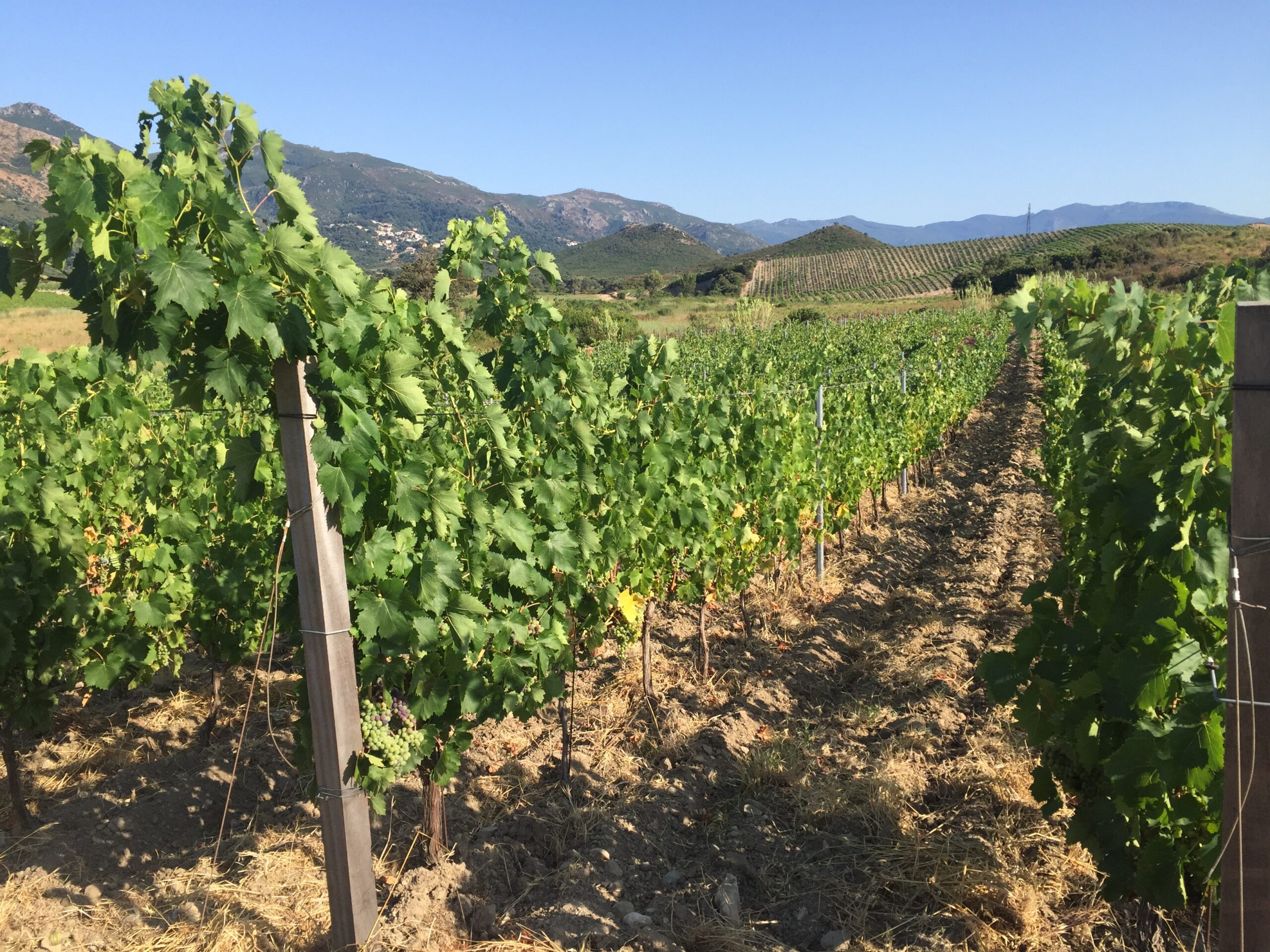
Nicolas Mariotti Bindi.
Mediterranean and outlying islands are almost always volcanic, either currently or historically. Whether grown in volcanic soils or nutrient-deficient limestone, the grapes come out lithe, displaying more floral and tart fruit characteristics than their continental counterparts. The winds (including the infamous mistral) are a much-needed cooling force for volcanic islands, as well as a fantastic aid to organic and biodynamic agriculture, a natural prescription against mildew and disease-causing moisture. And although organic and biodynamic grapes do not necessarily determine a wine’s flavour, they are a draw for naturally inclined winemakers who spurn the Parker-esque fruit-bomb approach to winemaking in favour of a tarter and more herbaceous style.
Which is exactly what I want this time of year. When I think of spring, I pour a glass of vermentino, the king of Sardinian grapes, that when pressed by the capable hands at Argiolas, makes for a wine with notes of slightly underripe pineapple and wildflowers. And if I’m feeling more adventurous and want something with a bit of an attitude, I look to the Canary Islands, where Suertes del Marqués takes advantage of Tenerife’s high altitudes to craft light-bodied wines eerily similar to those from France’s alpine Jura region. Or when I feel like going back to the basics, I reach for a bottle from Sicily, ideally made from the indigenous nerello mascalese or nero d’avolo varieties. Cusumano, one of the island’s largest producers, makes a quaffable d’avola that drinks like a cool-climate syrah. In all of these wines, I taste a gentle breeze and the rumble of a distant eruption, and I begin to feel the oncoming of a Mediterranean spring, wondering, is February in Vancouver too early for a swim?
A Half-Case for Island Wines:
Azores Wine Company Rosé Vulcânico
Nicolas Mariotti Bindi Cantina di Torra Patrimonio Rouge


